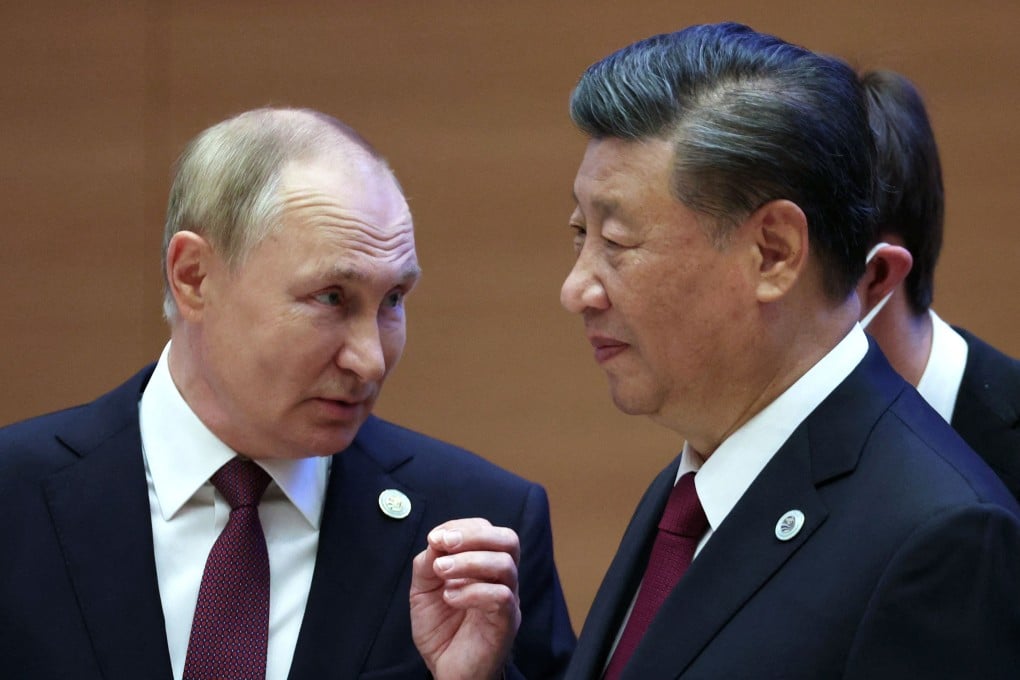Advertisement
Opinion | Shanghai Cooperation has ambitions to counter the West, but needs to overcome its limitations
- Shanghai Cooperation’s ambition to counter the West has been challenging due to violence among members, and distrust between new associate Iran and Middle East powers
- Invasion of Ukraine and Moscow’s ties with Beijing also created ripples within SCO, with former Soviet states fussing over Russia’s territorial ambitions
Reading Time:4 minutes
Why you can trust SCMP
1

The long-awaited meeting between Xi Jinping and Vladimir Putin on the sidelines of the September 15-16 Shanghai Cooperation (SCO) summit may have captured media and pundits’ attention, but its outcome was predictable, with the Russian leader endorsing China’s ascendancy in ties between both sides.
Advertisement
However, there was more to the summit, held in the Uzbek city of Samarkand, than met the eye.
Samarkand, a historical landmark, was one of the key caravanserais along the ancient Silk Road. The city reached political and cultural prominence in the 14th Century during the Timurid Dynasty, not only as a crossroads for spices and silk, but also for cultural and religious ideas.
Today, Beijing is connecting the dots between Central Asia, China’s near abroad, and the Middle East, its strategic source of hydrocarbons.

While the media fanfare was focused on the dynamics of the China-Russia relationship, and if Beijing would give a full-throated endorsement of the Ukraine invasion (it did not), the SCO summit was significant for the secondary headlines: Iran being made a full member of the organisation, Egypt and Saudi Arabia becoming dialogue partners, Türkiye bidding for full membership, and other Middle Eastern countries increasing investments and diplomatic engagement with countries in the group.
Advertisement

Advertisement
